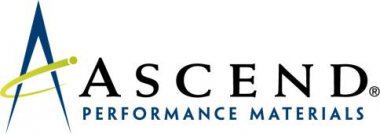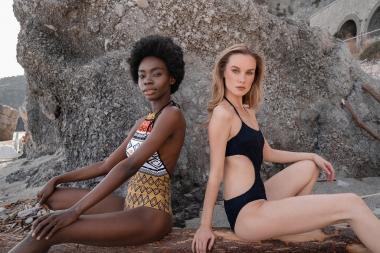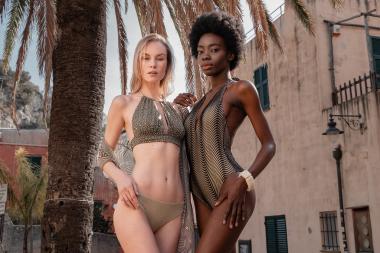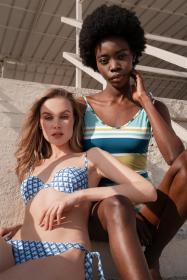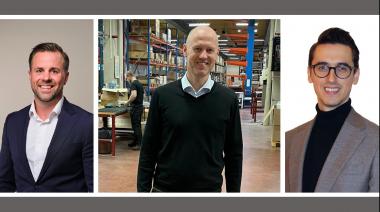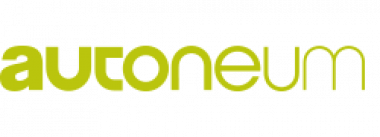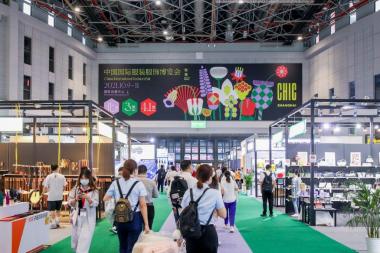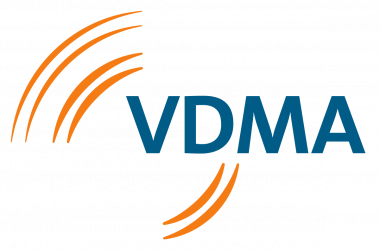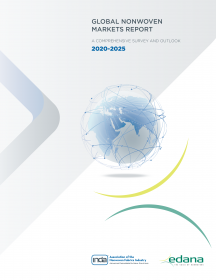Koketa is including US-made Acteev® in leggings and undergarments
Koketa, a brand of premium womenswear based in Peru, has begun sampling leggings, undergarments and workout wear featuring Acteev® Protect fabric. Produced by U.S. manufacturer Ascend Performance Materials, Acteev incorporates the odor-fighting and mildew-destroying antimicrobial benefits of zinc ions embedded into the matrix of superior nylon yarns and fabrics.
“When it comes to what’s closest to your most vulnerable skin, being safe and sanitary is a top priority,” said Juan Daniel Del Carpio, commercial director for Koketa. “The Koketa woman wants beauty, comfort and protection, and a partnership with Acteev makes it easier than ever for us to deliver all three.”
Koketa garments with Acteev feature Koketa’s signature innovative styles, including unique knit patterns, on-trend colors and flattering silhouettes. The Acteev fabric is buttery-soft and breathable yet long-lasting and resistant to pilling.
Additionally, clothing made with Acteev is resistant to unwanted odors, keeping garments as fresh after 100 washes as they are on day one. The active ingredient – labeled safe by the U.S. Food and Drug Administration – targets the bacteria and microbes that can cause odor, mildew and discoloration.
“Zinc is nature’s safeguard,” said Juan Toro, global principal business development leader for Acteev in the Americas. “It is a mineral needed for human health, and we have harnessed its power to protect the garments in a natural, sustainable way.”
Koketa Ascend Performance Materials antimicrobial leggings undergarments Sportswear
Ascend Performance Materials / EMG


